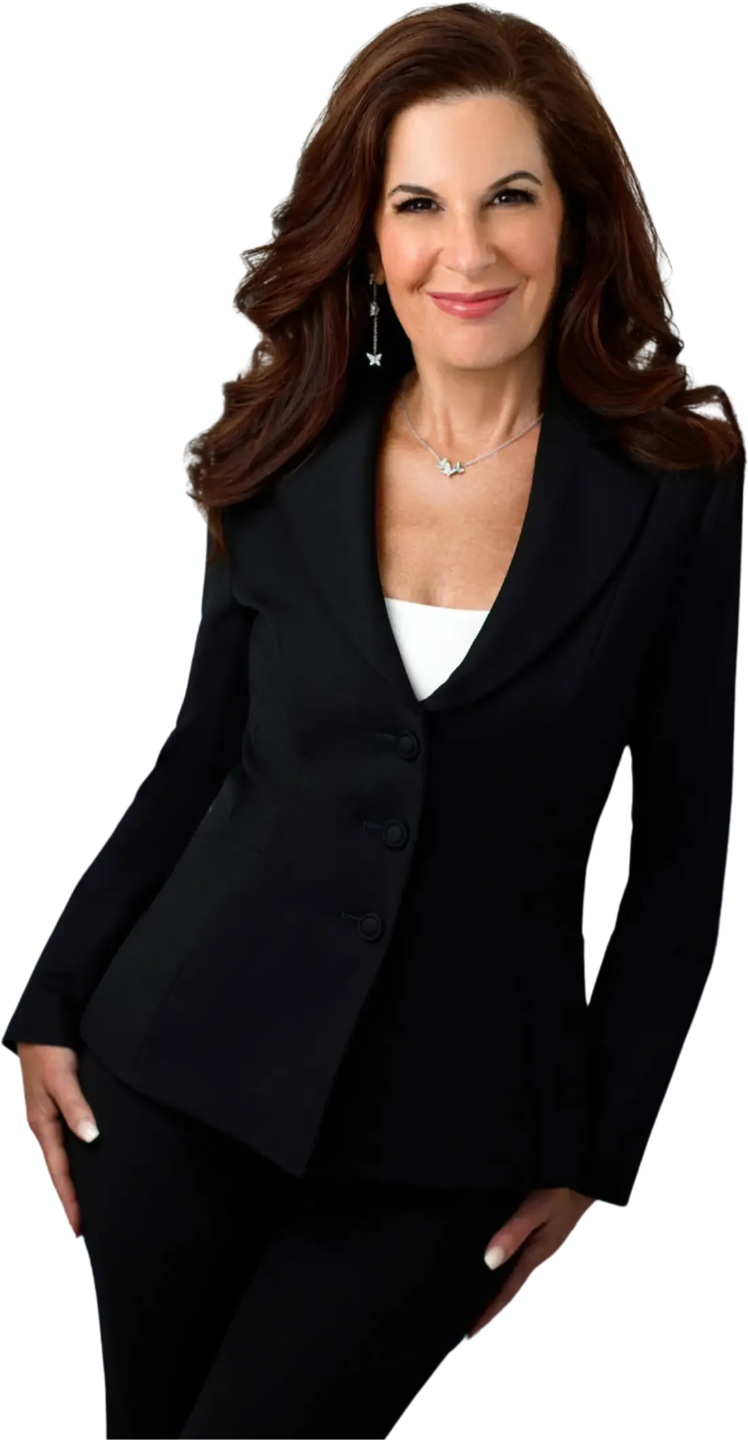Welcome to the
Consulting Matters Blog
Inspiration and strategy for
transformational consultants and coaches
to own their value
and position themselves for
SIGNIFICANT IMPACT & INCOME!
Stay connected with what’s new
JOIN MY INNER CIRCLE
You’ll get weekly insights and best practices to maximize your impact and income as a consultant, coaching and business owner, plus exclusive invites to webinars and resources you won’t find anywhere else.



